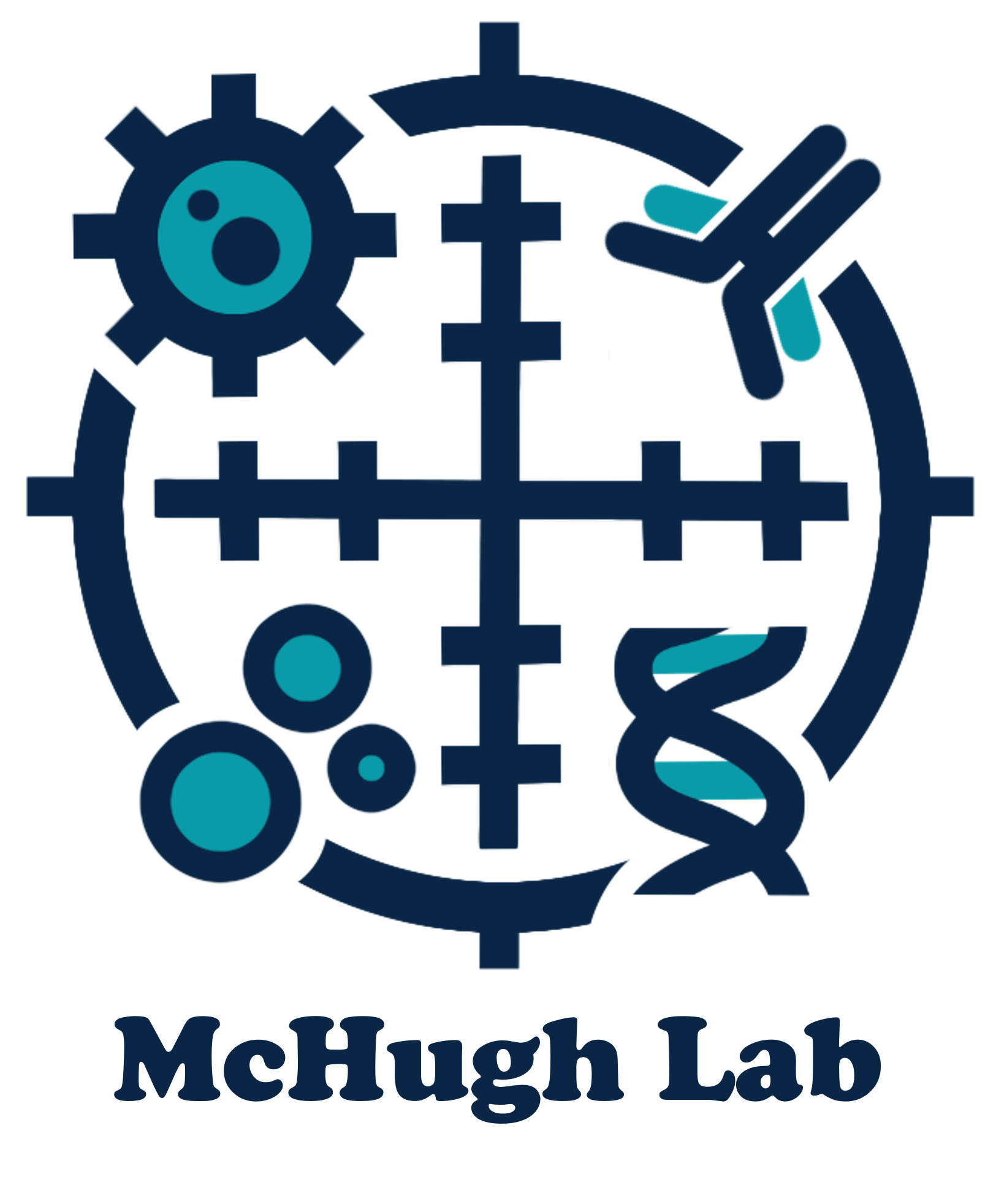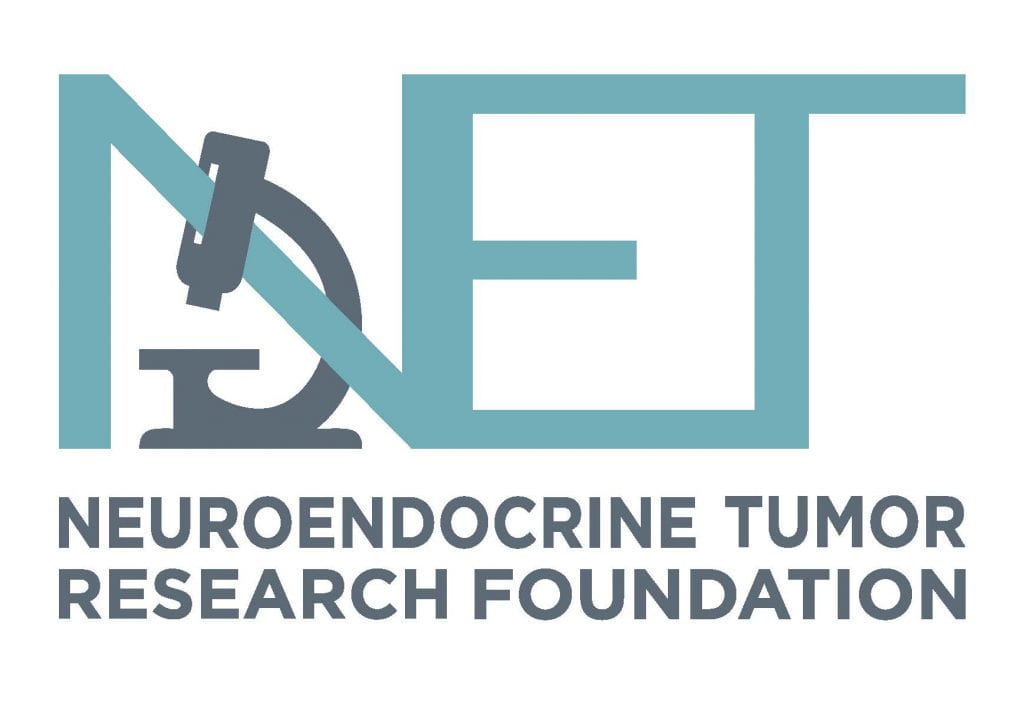Designing microscale drug delivery devices
We are broadly interested in applying highly controlled fabrication methods to solve a variety of issues in drug delivery. In particular, we seek to direct the immune response using spatial and temporal control of biologics to overcome challenges in cancer and infectious disease. However, we are also working on highly predictable release platforms that can be used to increase drug efficacy, reduce off-target toxicity, and improve patient compliance.
Although checkpoint blockade has proven extremely effective in some patients, its application is limited to a particular subset of the population who retains an immune-active tumor microenvironment. Our cancer efforts seek to develop microparticles that can be injected into the tumor to provide prolonged release of therapeutics that reestablish an immune-active environment and thereby increase the number of patients that can be effectively treated using cancer immunotherapy.
Infectious disease occurs predominantly in low-resource settings where healthcare access is poor. This project aims to develop timed- and targeted-release systems that fit within the current clinical framework in the developing world (i.e. low cost and simple to administer) to reduce deaths due to infectious disease. By delivering antigens and adjuvants at the optimal times and locations, these microdevices have the potential to truncate vaccination schedules, improve vaccine efficacy, reduce the need for cold chain storage and achieve dose sparing.
Using genome editing tools to detect and treat cancer
Cancer is a highly heterogeneous disease, which makes it particularly difficult to detect and treat. Current diagnostic methods lack the sensitivity to identify cancer at a nascent stage and therapies for treating metastatic cancer often produce significant side effects and prove ineffective. Therefore, we aim to fundamentally change existing paradigms used in cancer care to dramatically improve patient outcomes through earlier detection as well as more specific and more potent treatments. CRISPR/Cas9 technology has revolutionized and democratized the field of genome editing, enabling the rapid and highly specific modification of mammalian genomes. Our lab seeks to leverage these advances to identify and kill cancer cells, thereby enabling the minimally invasive diagnosis and treatment of various cancers.
Creating complex tissues for regenerative medicine
Despite the demand for healthy replacement organs, such as hearts, kidneys, and livers, the production of lab-grown tissues that fully mimic the behavior and function of native organs has yet to be achieved. One key challenge in realizing the ex vivo production of engineered tissues is the inability to form macroscopic structures that exhibit native cell organization and function. Our goal is to use novel polymeric inks and advanced 3D printing methods to fabricate scaffolds that induce the self-assembly of multiple cell types and create functional tissues. Although we are ultimately interested in applying these tools to all therapeutically relevant tissues, we have chosen to first focus on engineering vasculature that will be a prerequisite for the development of whole organs.












